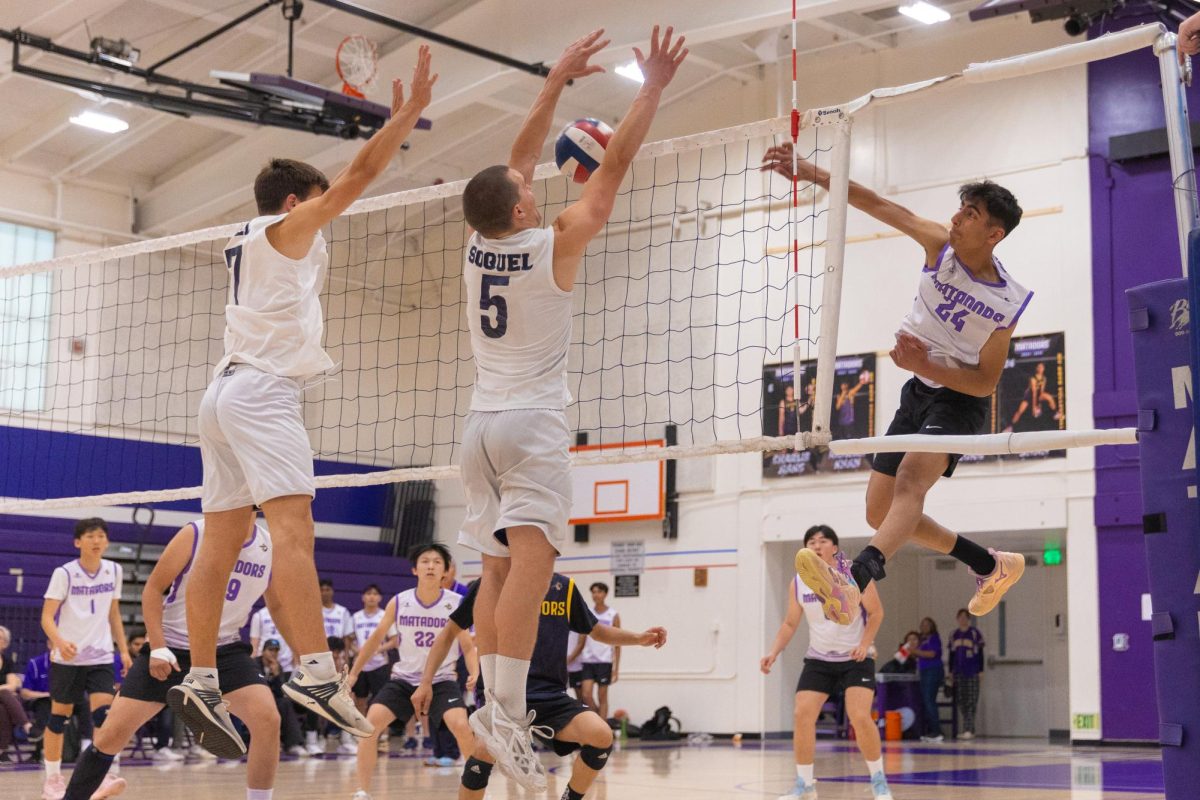Every week, Gigi Acker can be spotted walking around the campuses of San Jose State University and De Anza College, where she teaches nutrition. As an avid health enthusiast for most of her life, Acker has worked with countless clients, ranging from collegiate athletes to pregnant women, and has led healthy cooking classes for corporate executives.

EE: What motivated you to focus on the field of nutrition?
GA: Boy, I have loved nutrition since I was a kid. But I also was an athlete ever since I’ve been young, so part of it is I knew firsthand that how I ate impacted my performance and my own health. I’ve always been interested in the prevention and the wellness. Sports is one thing but also just I had a mom [who] was very interested in health, so I think she influenced me.
EE: What would you consider the ideal diet or food choice for high school students and athletes?
GA: First, I’d say there’s no ideal … I think each person is unique and has to decide what works for them within guidelines [to] really make it their own … I would say the less processed, the more real the food is, we know that it’s much healthier for us. So I worked with high school kids before, and when they start taking processed food away they feel much better. I don’t recommend quick weight loss dieting because of the long-term negative impact on both health and weight … I’m really big on tuning in to hunger, stopping when satisfied and finding healthy foods you love. And stay away from doing what somebody else tells you to do if it doesn’t fit you. Put yourself first in the idea of healthy eating. Because if it doesn’t taste good, you’re not going to do it forever and healthy eating is about finding your way to eat forever.
EE: What would you consider to be the best foods in terms of taste and nutritional value?
GA: In my class, I talk about how there isn’t one type of food. If we don’t get variety, we don’t get all the nutrients we need. But fruits and vegetables definitely stand out. Because, besides nutrients they’ve got these wonderful chemicals that are important in our health. I’ve had clients that say they don’t like vegetables and I say that’s okay, let’s find some fruits that you like that have similar nutrients. Try to venture into different fruits and vegetables.
EE: What advice do you have for people who want to start leading a healthy lifestyle?
GA: What I learned, while I was getting my college degree, was I didn’t know how to cook. And I learned one of the most powerful things you can learn how to do is cook. Because then we can venture into the quality of ingredients and the freshness and things that matter for our health. I think it’s harder as a high school student to learn to cook, but I still would say if you have any opportunity to get into the kitchen and learn to cook, that will be a life skill. Find a way to eat that works for you that has healthy foods. I really think it’s important that each person does it their own way.







